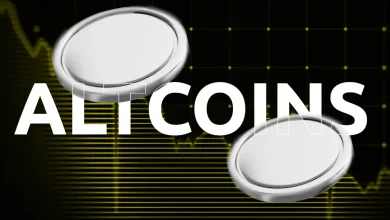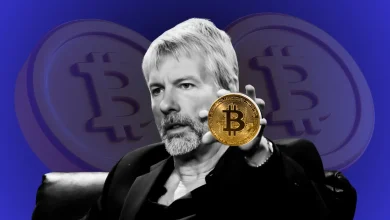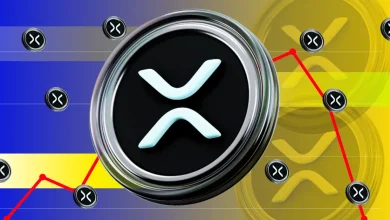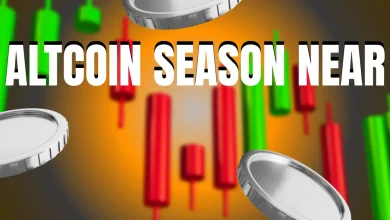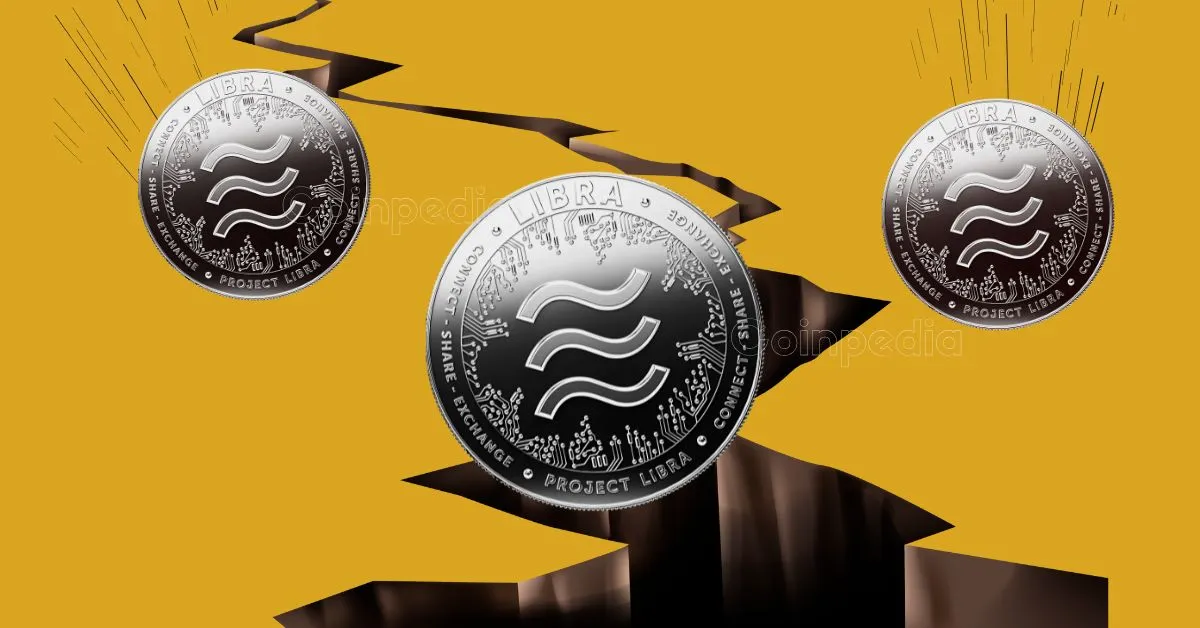
Argentine President Milei's promotion of the LIBRA token on X, intended to help small businesses, sparked controversy and suspicion of a scam.
LIBRA's value plummeted 85% after developers withdrew millions, with evidence suggesting insider trading and market manipulation.
The LIBRA incident, like the CAR token collapse, highlights the risks of investing in government-linked crypto.
Argentine President Javier Milei promoted the LIBRA token, saying it would help small businesses. But instead of excitement, his post on X raised concerns, with many suspecting a potential scam. Facing backlash, Milei quickly deleted the post, insisting he had no financial ties to the project.
Milei has been pushing economic reforms, but foreign investors remain cautious. While inflation is easing and new policies are in place, businesses continue to leave. The country also faces U.S. trade tariffs and struggles in key industries, making a full recovery uncertain.
From a $4.5 Billion Hype to Sudden Collapse
At first, LIBRA seemed like a success, reaching a $4.5 billion valuation within hours. But the excitement didn’t last. Reports surfaced that developers withdrew $87 million in USDC and SOL from the project, causing the token’s price to plunge 85%. Investors panicked, and those who bought in early saw average losses of over 56% on their initial investment.
Insider Trading Suspicions
Blockchain analysts soon detected unusual activity. On-chain expert EmberCN found that certain wallets had withdrawn funds from exchanges before Milei’s post, then bought LIBRA immediately after and sold once the price spiked. These insiders reportedly made around $20 million in profit.
Adding to the concern, about 82% of LIBRA’s supply is controlled by a few connected wallets. This concentration gives a small group significant control over the token’s price, raising fears of manipulation.
Calls for Accountability
Amid the controversy, Justin Sun


Meanwhile, some X users weren’t surprised, seeing this as another case of powerful figures executing a well-planned financial scheme.
Who’s Backing LIBRA?
LIBRA is connected to KIP Network Inc., the company behind the KIP Protocol, a Web3 project backed by Animoca Ventures. KIP Network has been involved in Argentina’s crypto space and even worked with the Buenos Aires government. However, their role in the LIBRA sell-off is unclear, leaving many investors feeling uneasy.
Coinbase’s head of product, Conor Grogan, commented on the situation. He said that major token launches like this are usually planned long before they go public. His comment suggests that LIBRA may have been designed to grab quick cash from the start.
Another Government-Backed Token Failure?
LIBRA’s collapse is similar to the Central African Republic’s CAR token. That project also made big promises, briefly reaching a $1 billion market cap before crashing below $20 million. Both cases serve as warnings that a government connection doesn’t guarantee a crypto token is a safe investment.
Never Miss a Beat in the Crypto World!
Stay ahead with breaking news, expert analysis, and real-time updates on the latest trends in Bitcoin, altcoins, DeFi, NFTs, and more.
Once again, the crypto world proves that when it comes to high-risk tokens, even a government connection doesn’t guarantee stability.





